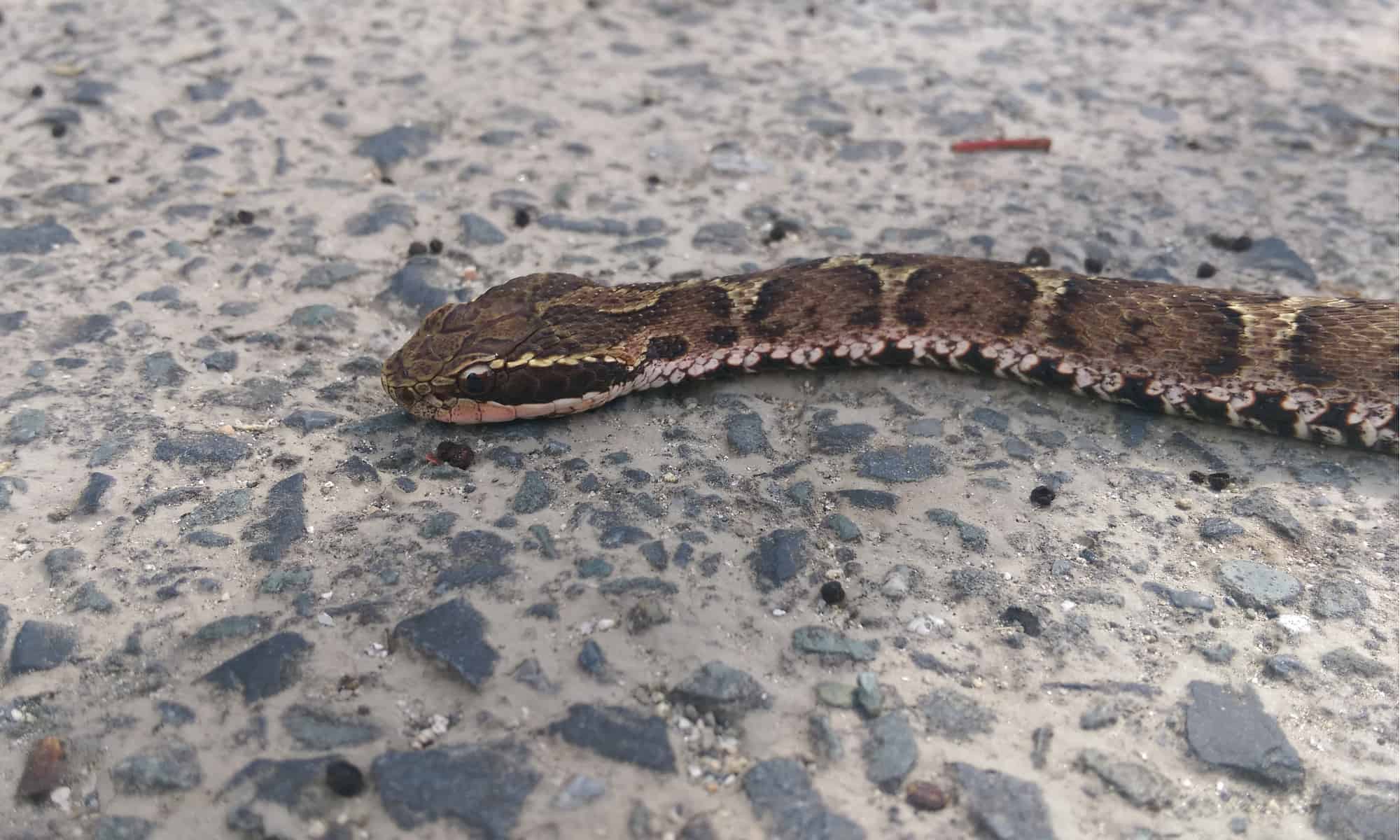Mamushi meaning is a term that has intrigued many, especially those interested in herpetology, Japanese culture, and language. This small but venomous snake, native to Japan, plays a significant role in local folklore, traditional medicine, and even culinary practices. Understanding the mamushi's significance goes beyond its biological characteristics; it encompasses cultural, historical, and ecological aspects that make it a fascinating subject of study.
The mamushi, scientifically known as Gloydius blomhoffii, is often found in rice paddies, forests, and mountainous regions of Japan. Its distinctive appearance, characterized by a stout body and a unique pattern of dark and light colors, helps it blend seamlessly into its habitat. But what does the mamushi mean to the people of Japan? This question delves deeper into the cultural implications and the symbolic representation of this creature throughout history.
In this article, we will explore the mamushi meaning from multiple perspectives, addressing its biological details, its role in Japanese culture, and how it has been perceived over time. By the end, you'll gain a comprehensive understanding of why this snake is not just a mere reptile but a symbol intertwined with Japanese identity and natural heritage.
What is the Biological Profile of the Mamushi?
The mamushi is a member of the viper family, distinguished by its potent venom and unique ecological adaptations. Here are some key biological characteristics:
- Length: Typically ranges from 60 to 90 centimeters.
- Coloration: A mix of brown, gray, and yellow, with distinctive dark zigzag patterns.
- Habitat: Prefers wet environments such as rice paddies, marshes, and forests.
- Diet: Feeds primarily on small mammals, amphibians, and other reptiles.
What Does Mamushi Mean in Japanese Culture?
In Japanese, the term "mamushi" (マムシ) is often associated with both the snake itself and various cultural meanings attributed to it. Historically, the mamushi has been a subject of both fear and fascination in Japanese folklore.
How is Mamushi Represented in Folklore?
In Japanese folklore, the mamushi is frequently depicted as a guardian spirit of the rice fields. Farmers believed that the presence of mamushi would protect their crops from pests and bad luck. However, it also symbolizes danger and caution due to its venomous nature. As such, it has been both revered and feared, illustrating the complex relationship between humans and nature in Japanese culture.
What is the Medicinal Use of Mamushi?
Interestingly, the mamushi has been utilized in traditional Japanese medicine for its purported healing properties. The venom of the mamushi is believed to have curative effects, and it has been used in various remedies for ailments such as arthritis and muscle pain.
- Preparations: Mamushi venom is often processed into ointments or tinctures.
- Traditional Beliefs: It is believed to improve circulation and reduce inflammation.
Are There Culinary Uses for Mamushi?
In addition to its medicinal properties, the mamushi is also consumed in certain regions of Japan. The snake's meat is considered a delicacy and is prepared in various traditional dishes.
What Are Some Dishes Featuring Mamushi?
Some popular dishes include:
- Mamushi Sake: A type of sake infused with mamushi, believed to enhance its flavors and health benefits.
- Grilled Mamushi: Often served as skewers, grilled to perfection and enjoyed with dipping sauces.
How Does Mamushi Impact Local Ecosystems?
The mamushi plays a crucial role in maintaining the balance of local ecosystems in Japan. As a predator, it helps control the population of small mammals and other reptiles, contributing to biodiversity.
What Threats Does Mamushi Face?
Despite its ecological importance, the mamushi faces several threats, including habitat loss due to urbanization, agriculture, and climate change. Conservation efforts are vital to protect this species and its habitat.
What Can Be Done to Protect Mamushi?
Key conservation strategies include:
- Habitat preservation: Protecting wetlands and rice paddies where mamushi thrive.
- Education: Raising awareness about the ecological significance of mamushi.
- Research: Conducting studies to monitor mamushi populations and their health.
Conclusion: What is the Overall Significance of Mamushi Meaning?
Understanding mamushi meaning goes beyond recognizing it as a snake; it encompasses its biological, cultural, and ecological significance in Japan. From folklore to traditional medicine, the mamushi serves as a symbol of the intricate relationship between humans and nature. By appreciating this unique creature, we can foster a deeper respect for biodiversity and the importance of preserving our natural heritage.
Exploring The Dynamic Connection Between Aries And Sagittarius
The Enigmatic Charm Of March Zodiac Sign
Discovering The Life And Work Of Jill Lesh



ncG1vNJzZmiqn5i4o77InZ6emqKqtq%2B%2FjaipoGeZo8Gmvs2eq6yolZqxtLXNnKmemaOasXC5wKasrKCZYrqmrc2ipaBmmKm6rQ%3D%3D
